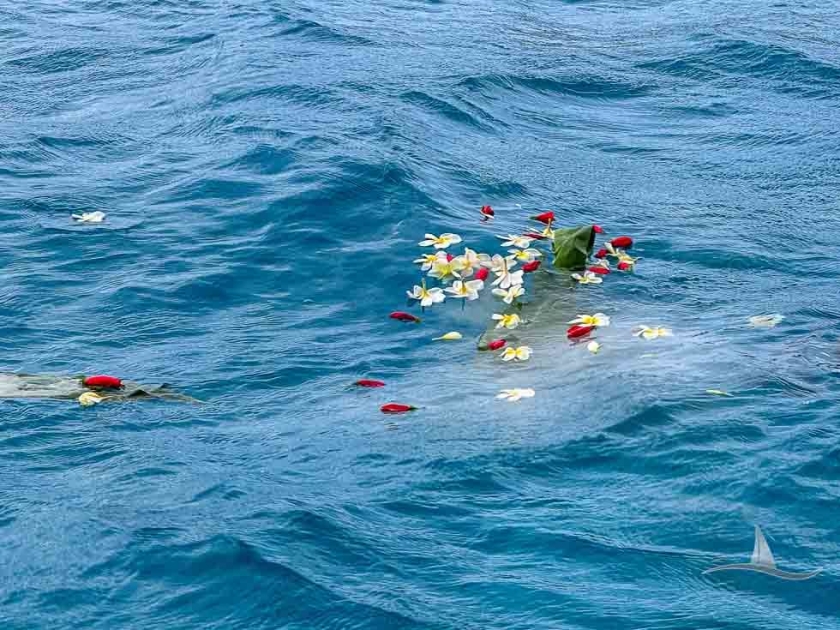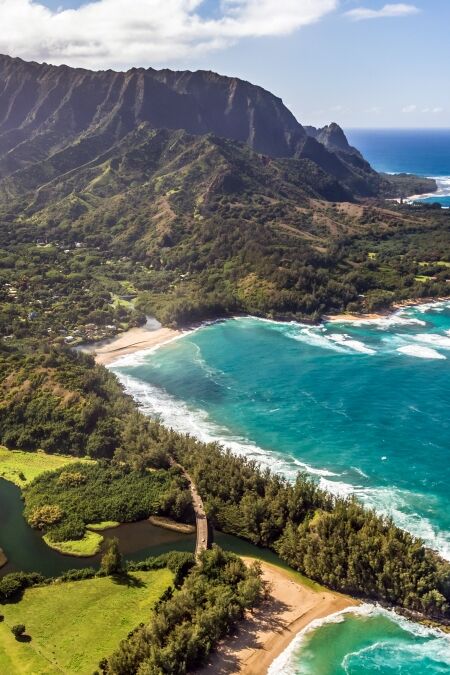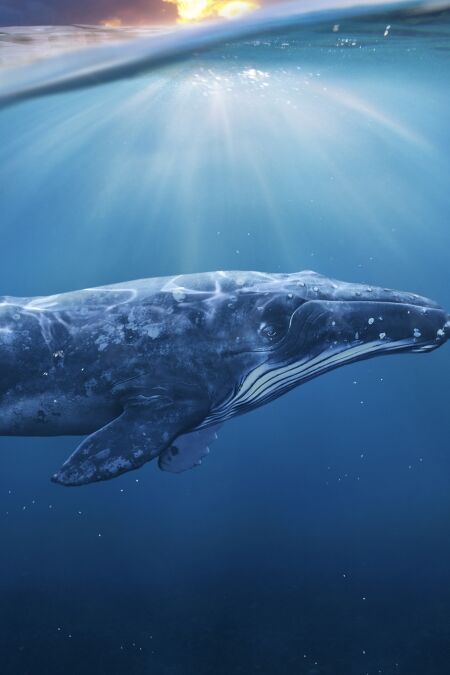Scattering a loved one’s ashes in Hawaii is a meaningful way to honor their memory amidst the islands’ natural beauty. However, it’s essential to understand the legal and cultural guidelines to ensure the process is conducted respectfully and lawfully.
General Guidelines for Ash Scattering in Hawaii
- No State Restrictions: There are no overarching state laws in Hawaii that restrict families from scattering ashes. However, it is advisable to check local city or county regulations before proceeding with the ceremony.
- Private Property: Individuals can scatter ashes on their property without needing permission. However, obtaining the landowner’s consent is essential if you wish to scatter ashes on someone else’s property.
- Public Land: For scattering ashes on public land, including parks, it is wise to consult local governing bodies to ensure compliance with specific regulations.
Scattering Ashes at Sea

One of the most popular methods of ash scattering in Hawaii is at sea. This method not only honors the deceased but also respects the limited land resources available on the islands.
Distance Requirement
According to federal regulations, ashes must be scattered at least three nautical miles from shore. This distance helps protect marine life and ensures that the scattering is conducted in a respectful manner.
Permits
In Hawaii, scattering ashes is generally permitted without special requirements for small gatherings of fewer than 14 participants. For ceremonies involving 14 or more people, a free permit must be obtained from the Hawaii Department of Land and Natural Resources at least 14 days in advance. If scattering ashes at sea, it’s mandatory to conduct the scattering at least three nautical miles from shore and to notify the Environmental Protection Agency within 30 days of the event. Additionally, specific locations like Hawaiʻi Volcanoes National Park require a Special Use Permit for scattering ashes, regardless of the number of participants.
Biodegradable Materials
To minimize environmental impact, it is recommended to use biodegradable urns or containers when scattering ashes at sea. This ensures that any materials used do not harm marine ecosystems.
Cultural Considerations

In Hawaiian culture, the ocean is revered as a life-giving force, deeply intertwined with both existence and the afterlife. Traditional ash scattering ceremonies often incorporate elements such as:
- Oli (Chants): Traditional Hawaiian chants performed to honor the deceased.
- Hula (Dance): Sacred dances that serve as expressions of remembrance.
- Pule (Prayers): Spiritual prayers offered during the ceremony.
These practices not only enhance the personal significance of the ceremony but also align with local customs and traditions.
Environmental Considerations
Hawaii’s unique ecosystem requires thoughtful planning when scattering ashes:
- Use of Biodegradable Containers: Families are encouraged to use biodegradable urns that dissolve naturally in water, minimizing potential harm to marine life.
- Avoiding High-Traffic Areas: Selecting less crowded beaches or secluded areas for ash scattering helps maintain privacy and shows respect for both the environment and other visitors.
Respecting Traditions, Honoring Memories
Scattering ashes in Hawaii offers a profound way to honor a loved one while respecting cultural traditions and environmental considerations. By adhering to local regulations and incorporating traditional practices, families can create a meaningful tribute that harmonizes with Hawaii’s natural beauty and rich heritage. Always ensure to check local rules and obtain necessary permissions where applicable, guaranteeing that your ceremony is both respectful and compliant with existing laws.




